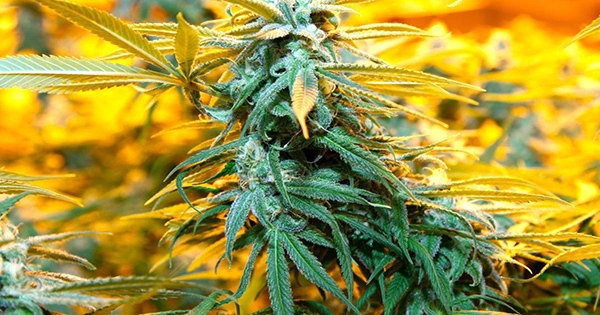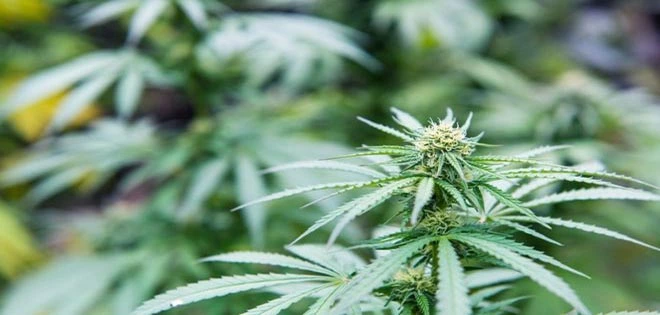A recent study looked at a number of pervasive assumptions about cannabis users, including the idea that they are “lazy” and lack motivation, and the findings blow these prejudices out of the water.
Participants who consumed cannabis three to four times per week scored higher on measures of their capacity for pleasure and showed no differences in motivation from non-users. Additionally, they did not exhibit a diminished desire for rewards or a diminished readiness to exert effort to obtain those rewards.
Researchers from the University of Cambridge, University College London, and the Institute of Psychiatry, Psychology & Neuroscience at King’s College London examined teenagers (aged 16 to 17) and adults (aged 26 to 29) who routinely use cannabis and contrasted them with controls who do not.

In a survey, the 274 participants’ levels of apathy, anhedonia (the inability to experience pleasure), and effort-based decision-making for rewards were measured using pre-established scales. In order to gauge their motivation, they were also given tests like button-pressing exercises with chocolate and other sweet prizes, and the participants were asked to rate their rewards in order to gauge their levels of satisfaction.
The authors stated in their paper that “Cannabis usage has historically been linked with amotivation, which is reflected in pervasive, derogatory ‘lazy stoner’ stereotypes.” In this study, we disprove this cliche by demonstrating that there were no differences between controls and a sizable cohort of adult and adolescent cannabis users on a number of reward and motivational measures.
“We were astonished to find that, even among daily cannabis users, there wasn’t much of a difference between cannabis users and non-users in terms of lack of motivation or enjoyment, “Martine Skumlien, a PhD student at University College London, is the lead author, according to a release.
“This runs counter to the stereotyped representation we see on television and in films.
The authors propose that it might assuage some anxieties regarding cannabis usage by younger consumers in addition to challenging a stereotype.
There has been much worry that marijuana usage throughout adolescence may have worse effects than marijuana use in adulthood. However, our study, one of the first to explicitly contrast cannabis use in adolescents and adults, reveals that teenagers are no more susceptible than adults to the negative effects of cannabis on motivation, the enjoyment of pleasure, or the brain’s response to reward.
In reality, it appears that cannabis may not be associated with these outcomes generally, or may only have weak relationships. To support these findings, we will require long-term studies that look for these relationships.















